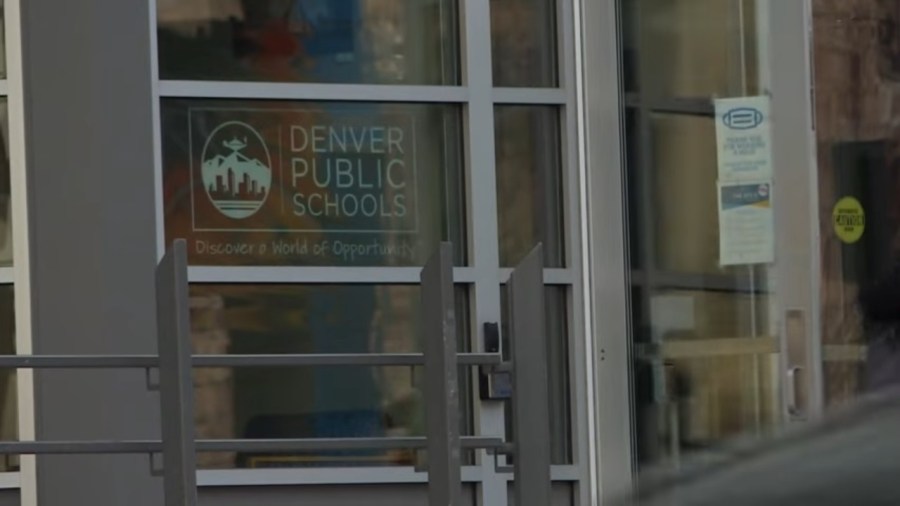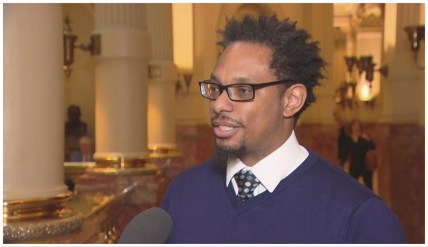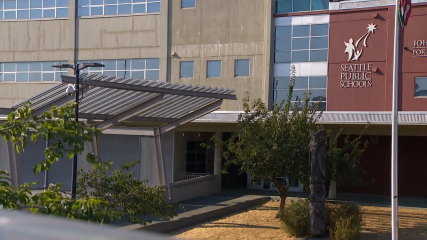Denver Public Schools says new Black Student Success team will improve academic performance
State data indicates the graduation rate for Black students in the DPS class of 2022 was 73 percent, compared with 86 percent for its white students.
Denver Public Schools has a plan to improve its Black students’ academic performance.
On Tuesday, the largest public school district in the Centennial State announced the formation of the Black Student Success team, which will be administrators who will find the best strategies and teaching practices for Black students and distribute them across the district, Chalkbeat Colorado reported.
The team’s creation comes more than four years after the Denver school board approved a Black Excellence Resolution, requiring DPS institutions to develop methods for boosting Black student success. Some schools, however, have struggled to implement those plans.

“This is building upon the Black Excellence Resolution,” said Joe Amundsen, the executive director of universal school support for DPS. “The Black Student Success team is going to take that planning and really highlight what’s working across those schools to elevate practices districtwide that are leading to results.”
Stedman Elementary School’s principal, Michael Atkins, will assume the team’s lead position in January. Atkins, a DPS student during the busing era to integrate Denver’s schools, grew to hate school after realizing he was treated differently as a Black student.
He said that regardless of his job title, his goal is to ensure the “babies that look like me” entering DPS know he’s doing his part to transform the system in a way that will “illuminate their identities and dreams.”
According to Chalkbeat, Denver has 89,000 students, about 14 percent of whom are Black. Data indicates the district is not serving them as well as their white peers. For example, on state reading tests this spring, 73 percent of white children in grades three through eight met or exceeded expectations, compared with just 27 percent of Black students.
According to state data, the graduation percentage for Black students in the DPS class of 2022 was 73 percent, compared with 86 percent for white students – a 13-point disparity.
Amundsen says that DPS has been working with University of Denver researchers, who have already identified district-level practices to accelerate the academic trajectory for Black students, such as ensuring they have access to rigorous courses and experienced teachers.
Next, researchers will tour DPS classrooms where Black children perform better than their counterparts throughout the state, as assessed by standardized test results, to determine what techniques those instructors are employing.
For his part, Atkins said he and his team will collaborate with six to 10 DPS schools and prioritize “bringing academics alive” for enrolled Black students.
Later this year, DPS plans to assemble a similar success team for Latino and Hispanic children, who constitute about 52 percent of the district’s students.
“We know that our Black students can and do achieve at high levels, especially when they have the opportunities and support needed to excel,” said DPS Superintendent Alex Marrero, Chalkbeat reported. “After taking a deep dive into the most recent state test scores, we determined that we need to improve our systems of instruction and support in order to accelerate the trajectory of success for our Black students.”
TheGrio is FREE on your TV via Apple TV, Amazon Fire, Roku and Android TV. Also, please download theGrio mobile apps today!


